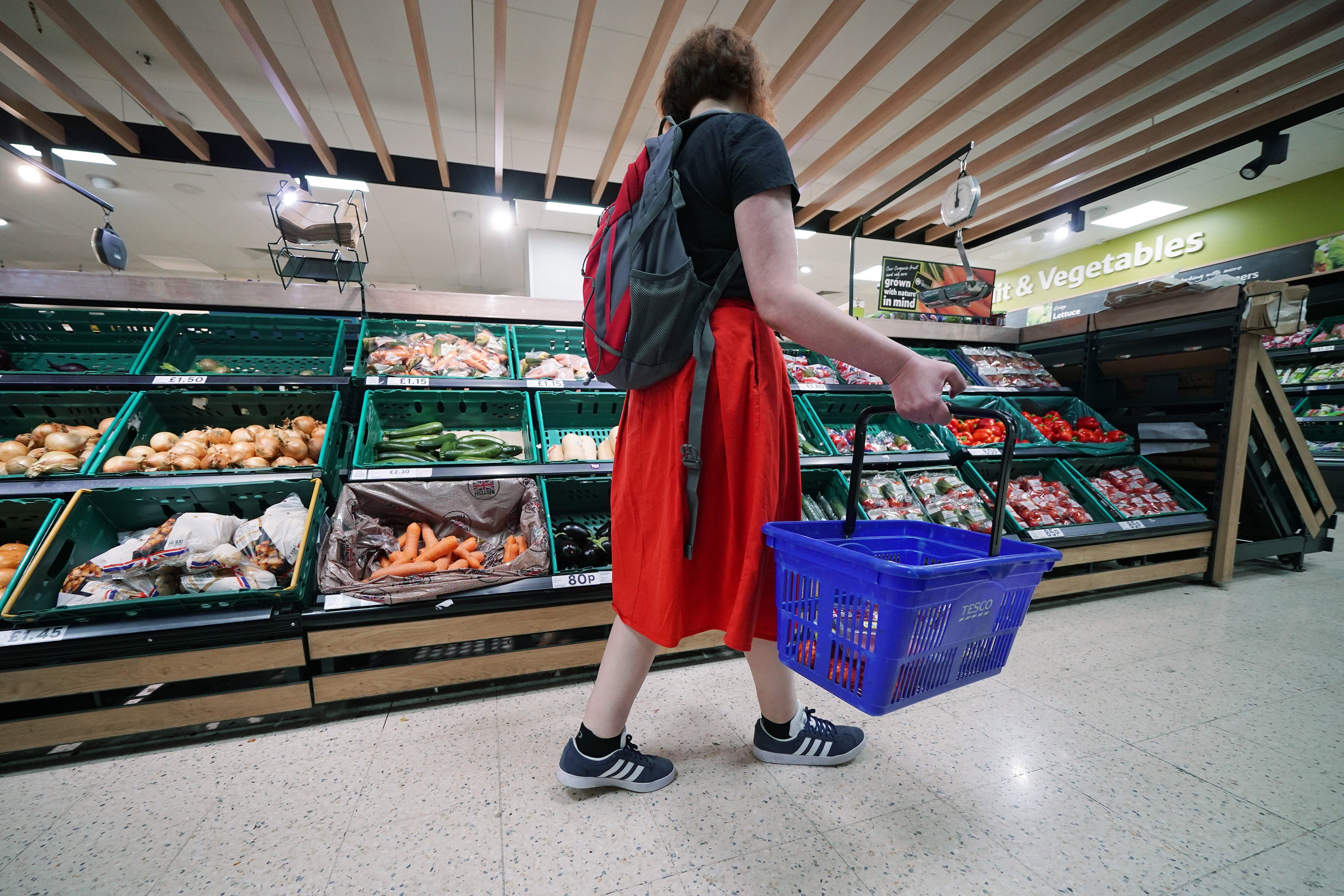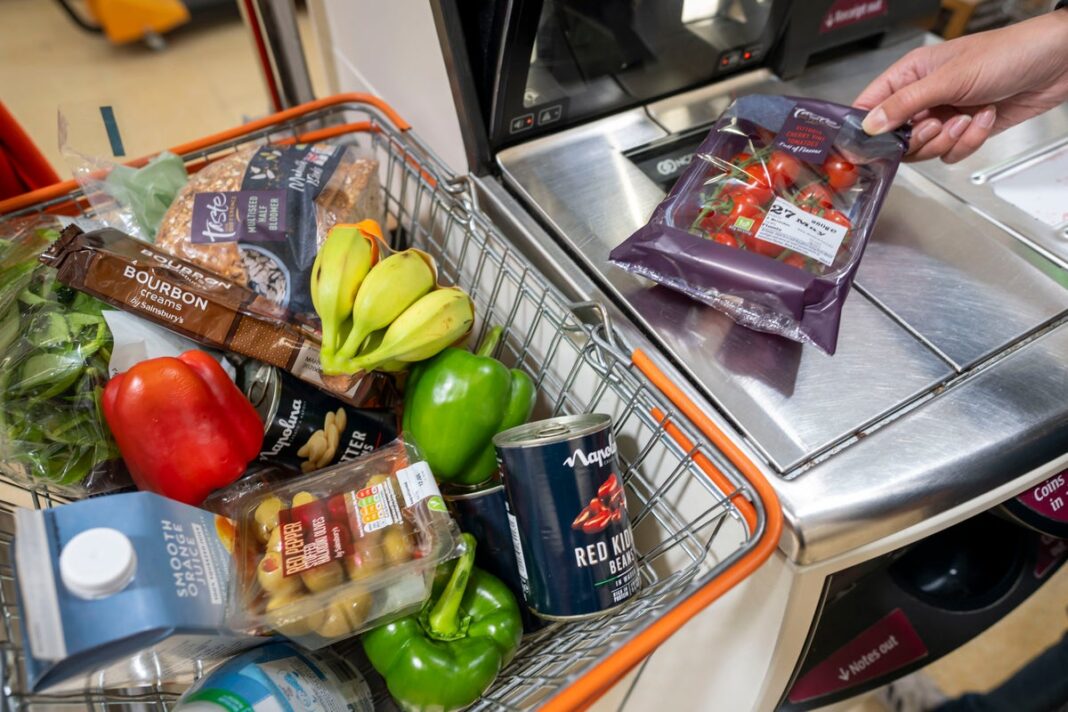Food inflation is set to soar to 6 per cent by the end of the year, posing a “significant challenge” to household budgets just as Christmas approaches, industry leaders have warned.
Retailers have cautioned against rising prices and potential job losses should the Chancellor hike taxes in the next budget, with two-thirds of chief financial officers expecting further price rises, according to the British Retail Consortium (BRC).
A survey by the BRC found that a striking 56 per cent of retail finance chiefs, representing over 9,000 stores, feel “pessimistic” about trading conditions over the next 12 months.
The majority, 85 per cent, attributed past price increases to the previous budget’s rise in employer national insurance and the national living wage, with two-thirds (65 per cent) anticipating further rises in the coming year.
While current BRC figures place food inflation at 4 per cent, the organisation predicts this will climb to 6 per cent year-on-year by Christmas.
It said: “This will pose significant challenges to household budgets, particularly in the run-up to Christmas.”
Other than cost increases, 42 per cent of chief financial officers said they had frozen recruitment, while 38 per cent said they had reduced job numbers in-store.
This was reflected in the official job figures, with almost 100,000 fewer retail jobs in the first quarter of 2025 compared to the previous year, the BRC said.
More than a third of CFOs (38 per cent) said they had cut investment in local communities, while 15 per cent had already delayed opening new stores.
BRC chief executive Helen Dickinson said: “Retail was squarely in the firing line of the last budget, with the industry hit by £7 billion in new costs and taxes.
“Retailers have done everything they can to shield their customers from higher costs, but given their slim margins and the rising cost of employing staff, price rises were inevitable.
“The consequences are now being felt by households as many struggle to cope with the rising cost of their weekly shop. It is up to the Chancellor to decide whether to fan the flames of inflation, or to support the everyday economy by backing the high street and the local jobs they provide.”
In January, the BRC predicted that food prices would rise by an average of 4.2 per cent in the latter half of the year as retailers battled increased costs from the budget.

At the time, Ms Dickinson said modelling by the trade association and industry chiefs suggested there was “little hope of prices going anywhere but up” as retailers faced higher national insurance (NI), national living wage and new packaging costs.
Last week, market research firm Worldpanel by Numerator, formerly Kantar, reported UK grocery prices had increased at their fastest pace for 18 months amid growing concern from shoppers about the rising cost of living.
Grocery price inflation accelerated to 5.2 per cent in the four weeks to July 13, up from 4.7 per cent a month earlier and the highest level since January 2024.
The data indicated that rising prices are set to add an average of £275 to shoppers’ annual grocery spending.


